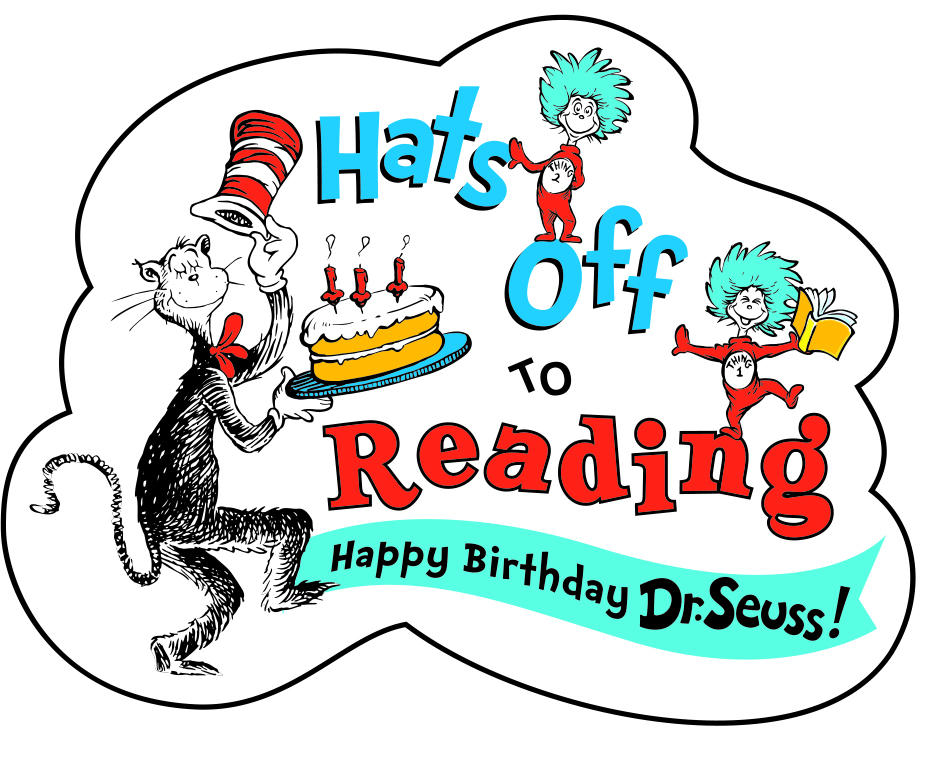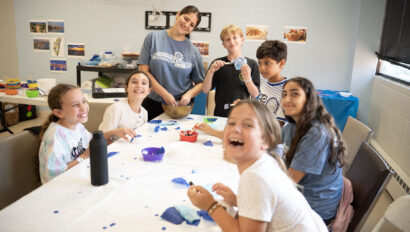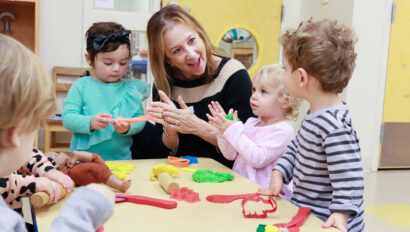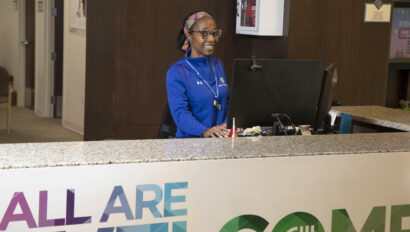Hats off to Reading!!! Happy Birthday Dr. Seuss!!! Read, Read, and Read Some More!!!

Remember these books?
- The Cat in the Hat
- One Fish, Two Fish, Red Fish, Blue Fish
- Hop On Pop
- Yertle the Turtle
- Oh, To think that I Saw It on Mulberry Street
- Oh the Places You’ll Go
If you do, then you will want to celebrate Read Across America this month by recognizing Theodore Geisel, also known as the famous Dr. Seuss!
Why celebrate Dr. Seuss? Why celebrate books? Why celebrate reading? If you are asking these questions or thinking about the importance of language and literacy in young children’s development then keep reading!
Do you remember how you learned to read? As a parent, do you remember how you felt when your child first recognized your voice, then his or her name, and then went on to speak and then read their first words? Each milestone is an amazing miracle – or is it? Read below to learn some of the major building blocks in ”raising readers:”
According to a report from Becoming a Nation of Readers, published in 1988, “Parents are their children’s first and most important teachers. Children begin learning to read at an early age, when parents first use words and images to describe the world. Therefore, the BEST way for parents to help their children become better readers is to read to them and talk with them!
Before children can learn to read and write, they need to develop the building blocks for literacy:
- Learning about sounds
- Learning about words
- Learning what words mean
- Learning to speak
- Learning to understand
- Learning to listen, to watch and “draw” (draw? Not sure what this means?)
Children naturally learn to speak by following your example. They also learn a great deal about reading BEFORE they ever set foot in a school setting. Learning to read begins when you talk to and with your children. Listen to them and respond to them, especially when you read aloud and they experience the wonder and joy of the world of books.
The language experiences that children obtain before they start school help them to form strong brain connections that help support reading, understanding and thinking. Connecting language and vocabulary to the world they know allows children to explore new ideas that build the foundation for reading.
So, you may ask, what are things parents, caregivers, siblings, and grandparents can do to help “raise a reader?” Here are some tips:
Language Development Tips:
- Copy the sounds your baby makes and don’t be afraid to use baby talk. Make sure your voice rises and falls and repeat and emphasize words.
- Sing with your child
- Play word games and rhyming games with your child
- Talk with your child everyday about everything in their world.
- Name all the things you see
- Share family stories with your child
- Listen to your child.
Reading Development Tips
- Read aloud more than once every day
- Share books every day
- Reread favorite books
- Choose interactive books (like flip-books, touch-and feel books) to read
- Read nursery rhymes and poetry
- Read rhyming books like The Cat In The Hat!
- Talk or sing about the pictures
- Send positive messages about the joys of reading
- Let your child see you enjoy reading
- Find the reading and writing in everyday things
- Read, read and read some more!
Here is a great quote from John Gile, children’s author, who understands the importance and power of reading:
“Children need play time, dream time, free time, time to explore and think and create. Children with well-developed language skills, who have been HELPED to discover the fun and power of reading and writing have powerful ways to play, to dream, to be free, to create, to cope.”
Happy reading!

Written by Shelley Levy, Director, Guttenberg Center for Special Services. Shelly has over thirty years of professional experience working with children, teens and adults with special needs. Bringing a wealth of innovation and expertise to the JCC, she has designed unique curriculum design and developed a wide range of programming for people in our community with “special abilities.”


